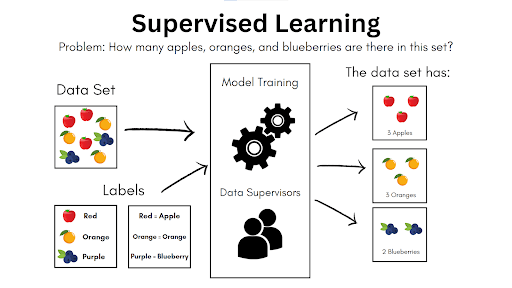Artificial Intelligence is rapidly gaining popularity across various industries such as finance, digital marketing, e-commerce, and healthcare. It is evident that AI is here to stay, and certain jobs are already at risk of being replaced by computer code. However, despite its advantages, AI faces significant challenges that need to be overcome for it to reach its full potential. Here are two challenges currently faced by AI:
1. Computing Power and Energy Requirements: It comes as no surprise that AI demands a substantial amount of computer power, and further development would require even more. Unfortunately, the current state of computing might not be sufficient to meet the projected growth requirements of AI. Moore’s Law, which has been a fundamental principle in computer science since 1965, is becoming obsolete. According to Moore’s Law, the number of transistors in a microchip doubles approximately every two years, resulting in a doubling of computing performance while reducing the cost of computers. However, the industry is approaching its limits as transistors continue to shrink in size. In order to sustain the growth of AI, significant investment is required in manufacturing smaller transistors closer to an atom’s size.
2. Power Consumption and Demand: AI is being integrated into various industries, leading to a rise in demand for power. As developers train AI with larger datasets and expand its usage in businesses, the energy requirements continue to grow. This increased demand for power leads to higher carbon emissions, which is a concern for sustainability. For instance, OpenAI’s generative AI, ChatGPT, is estimated to consume a significant amount of power daily, equivalent to the energy consumption of thousands of homes in the US. The demand for energy-efficient AI solutions is crucial to address the environmental impact and ensure sustainability.
In addition to these challenges, cost also poses a significant obstacle for AI companies. For example, Microsoft’s GitHub Copilot subscription model has faced financial losses due to high usage by subscribers, resulting in increased costs for providing the service. The profitability of AI companies remains uncertain, even though they have seen revenue growth. Balancing costs, consumption, and results is essential for the sustainability of AI businesses.
Moreover, AI bias is a critical issue that needs to be addressed. AI models are trained through supervised and unsupervised learning techniques, but if the training data contains biases, the AI algorithms can perpetuate and amplify those biases. This can lead to discrimination in various areas such as hiring processes, criminal justice predictions, and healthcare applications. Measures must be taken to mitigate bias and ensure fairness in AI systems.
In conclusion, while AI has made significant progress and has been widely adopted, it still faces challenges in terms of computing power, energy requirements, cost, and bias. Overcoming these hurdles is essential for AI to reach its full potential and contribute positively to various industries.
